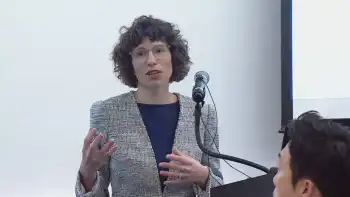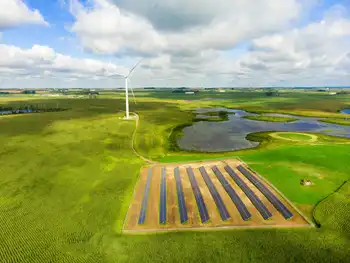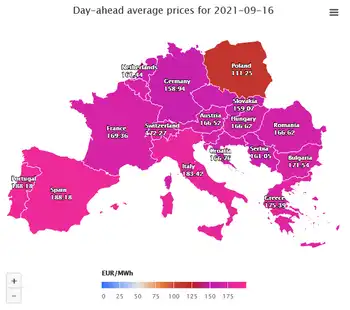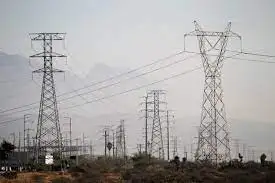Utilities offer flat-rate payment contracts - at a cost to consumers
By The News & Observer
NFPA 70e Training
Our customized live online or in‑person group training can be delivered to your staff at your location.

- Live Online
- 6 hours Instructor-led
- Group Training Available
After doing the math, the Durham resident rejected the proposal - though it was a chance to simplify budgeting. The contract would have cost her $153.72 more over one year than she had paid the previous year.
"You could buy a lot of fluorescent light bulbs" for that price, Paley said.
But thousands in North Carolina are signing such contracts, even though they include a 10 percent surcharge, based on past usage. Progress Energy and Duke Power are aggressively promoting the plans - called Balanced Billing and Fixed Payment Plan - through mail campaigns. The plans are offered by fewer than a dozen utilities around the country.
State regulators approved the optional plans, even though they are designed to make money for the utilities and a customer is likely to end up paying extra, possibly the equivalent of 13 months of electricity for one year's use.
These plans are not the same as the equal-payment plans that utilities have offered for decades. Under equal payment, customers pay only for electricity used. A customer's bill is divided into 11 equal payments. For the 12th month, the customer is credited for overpayments or charged whatever extra is owed for the year.
But in the new flat plans, the customer locks into 12 equal payments, regardless of use. The payments are based on average use over the past year or two. That leaves the utility holding the bag if the weather is severe that year or if the customer becomes wasteful, as can happen when people know that leaving the lights on won't affect next month's bill. So the utilities tack on an extra charge every month - about 10 percent - to hedge against human nature and against Mother Nature. The plans also levy a monthly $1 administration fee.
"We're basically taking the risk away from the customer and the customer has to pay us a premium for holding the risk," said Rudy Masi, Progress Energy's manager for sales and service. "They want the peace of mind."
Progress Energy initially offered its balanced billing plan in 2004 and now has 58,534 customers enrolled in the Carolinas. Duke Power started its fixed-payment plan in 2002 and has 98,000 signed up.
The growing popularity of the plans has blindsided state regulators who approved the schemes.
"I just didn't think that anyone would to it," said Ben Turner, director of the Electric Division of the Public Staff, the agency that advocates for consumers in utility rate cases. "I don't want to pay a dime more than I have to."
But Turner said complaints about the programs are rare. "This may be attractive from a cash-flow or budgeting perspective," he said.
Joining the plan doesn't give a customer carte blanche on electricity use. If customers' use exceeds their monthly average by 30 percent three months in a row, they're booted out of the program. And charged a $30 cancellation fee.
If a customer's use increases over a year, the next year's contract offer will increase the flat monthly fees. There's no obligation to re-enroll.
The N.C. Utilities Commission requires that the customer's financial obligation be clearly disclosed. When making an offer to a customer, the utility reveals the highest, lowest and average monthly bills for the past year so the customers can compare past payments to the flat monthly rate being offered.
Duke Power and Progress Energy won't disclose publicly how much they profit from the plans. But the program is designed to be a winner for the company.
"As in all gambling, it seems the odds are stacked in favor of the house," said Durham resident Anne Guyton, who has disregarded the mailers.











